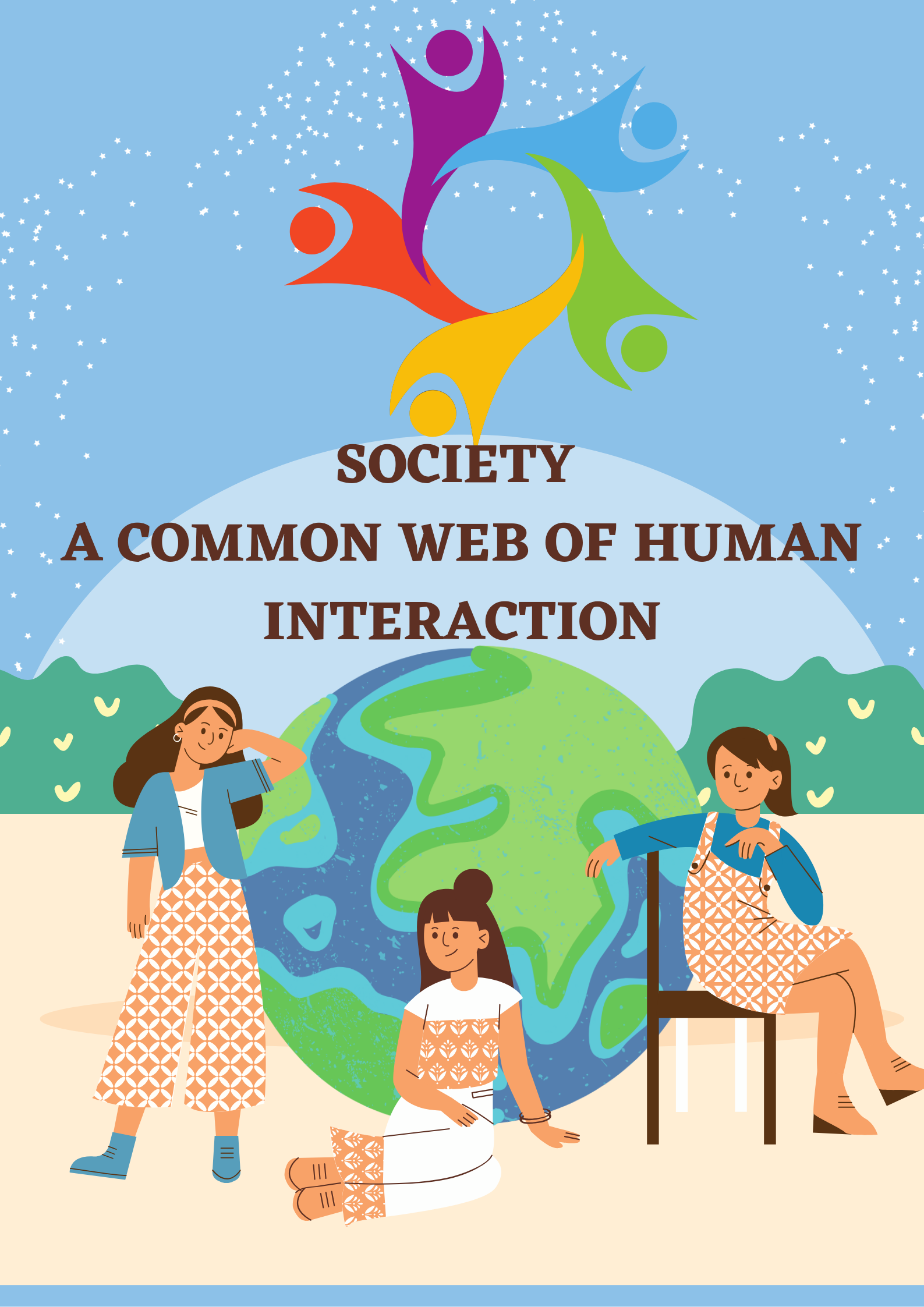Mental Health and Social Welfare: Bridging the Gap for a Healthier Society
Mental health is an integral component of overall well-being, and its significance in society cannot be overstated. The relationship between mental health and social welfare is a complex and multifaceted one. This article explores the critical connection between mental health and social welfare, highlighting the importance of a robust social welfare system in promoting mental well-being. Understanding Mental Health: Mental health encompasses emotional, psychological, and social well-being. It affects how individuals think, feel, and act, influencing their ability to handle stress, relate to others, and make choices. Mental health disorders, if left unaddressed, can have profound effects on an individual’s life, including their ability to work, study, and maintain healthy relationships. The Role of Social Welfare: Social welfare refers to the various programs, policies, and support systems implemented by governments and organizations to enhance the quality of life and well-being of individuals and communities. Social welfare initiatives encompass areas such as healthcare, housing, employment, education, and financial assistance. The Connection: 1. Access to Mental Healthcare: Social welfare programs play a crucial role in providing access to mental healthcare services. Affordable and accessible mental health services can reduce the burden of mental health disorders by facilitating early intervention and treatment. 2. Economic Stability: Financial insecurity and poverty are known risk factors for mental health issues. Social welfare programs like unemployment benefits, food assistance, and housing support can help mitigate economic stressors that contribute to mental health challenges. 3. Education and Awareness: Social welfare initiatives can promote mental health awareness and education within communities. Funding for mental health education and awareness campaigns can reduce stigma and encourage individuals to seek help when needed. 4. Support for Vulnerable Populations: Vulnerable populations, such as children, the elderly, and those with disabilities, often require specialized mental health support. Social welfare programs tailored to these groups can ensure they receive the care and assistance necessary for their well-being. 5. Reducing Social Isolation: Social welfare programs that promote social inclusion, community engagement, and access to recreational activities can help combat social isolation, a significant contributor to mental health problems. Conclusion: The relationship between mental health and social welfare is undeniable. A strong social welfare system is essential for addressing the multifaceted needs of individuals and communities, particularly in the context of mental health. Governments and organizations must continue to invest in social welfare initiatives to promote mental well-being, reduce stigma, and ensure that everyone has access to the support they need to thrive in society. By bridging the gap between mental health and social welfare, we can build a healthier and more compassionate society for all.





